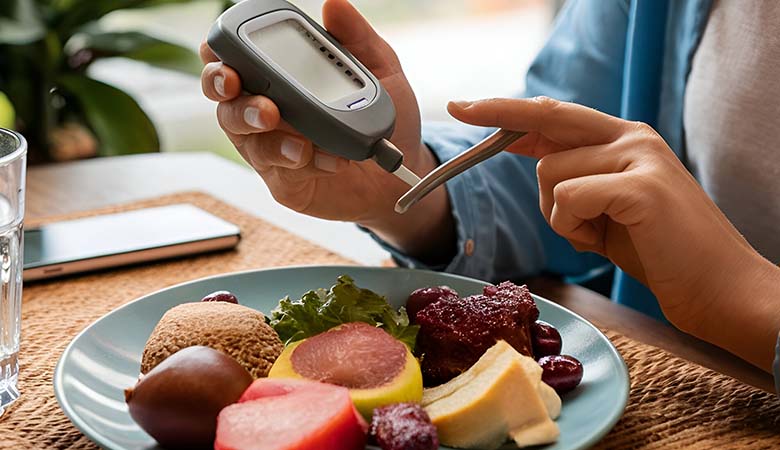
FASTING
Insulin resistance is a growing health concern, linked to weight gain, type 2 diabetes, and metabolic disorders. It occurs when cells stop responding to insulin, leading to high blood sugar and increased fat storage. The good news? Research suggests that intermittent fasting (IF) can help reverse insulin resistance, improve metabolic health, and even prevent diabetes.
When you eat, your body releases insulin to help glucose enter your cells for energy. However, eating too frequently or consuming high-carb diets can keep insulin levels constantly elevated, leading to resistance over time.
Fasting helps by:
Several studies confirm fasting’s benefits for insulin sensitivity:
Fasting is one of the most effective ways to reverse insulin resistance by lowering insulin levels, improving fat metabolism, and enhancing glucose control. Combined with a healthy diet and exercise, it can be a powerful tool in preventing and even reversing metabolic diseases like type 2 diabetes.
Copyright @ Explodemedia.net All Rights Reserved